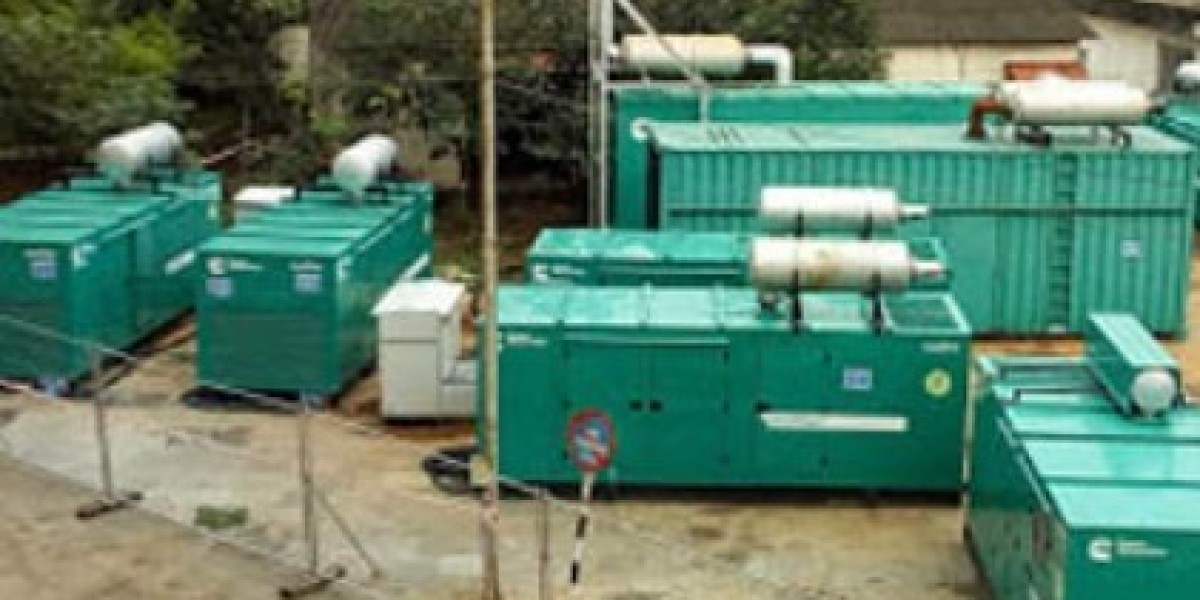Powering Efficiency Exploring Handheld Blower Market Technology and Drivers
Introduction:
Handheld blowers have become essential tools for maintaining clean and tidy outdoor spaces. With their powerful capabilities and convenient portability, they have gained significant popularity in various applications, including landscaping, gardening, and property maintenance. In this blog, we will delve into the technology and drivers behind the handheld blower market, highlighting the advancements that have revolutionized the industry.
Technology Advancements:
Engine Innovations:
Modern handheld blowers market have witnessed significant advancements in engine technology, leading to increased power, efficiency, and reduced emissions. Two-stroke engines, once dominant in the industry, have been largely replaced by cleaner and more efficient four-stroke engines. These engines offer improved fuel efficiency, reduced noise levels, and lower emissions, making them more eco-friendly and complying with stricter environmental regulations
Lightweight Design:
Manufacturers have focused on developing handheld blowers with lightweight designs without compromising on performance. The introduction of advanced materials like lightweight plastics and alloys has contributed to the reduction of overall weight, making the blowers easier to handle and maneuver. This enhances user comfort and minimizes fatigue during prolonged use.
Variable Speed Control:
Handheld blowers now come equipped with variable speed control mechanisms, allowing users to adjust the air velocity and volume as per their requirements. This feature offers versatility, enabling the blowers to handle a wide range of tasks, from light leaf blowing to more demanding debris removal.
Get free sample reports @ handheld blowers market
Noise Reduction:
Noise pollution has been a concern associated with outdoor power equipment. To address this issue, manufacturers have incorporated noise reduction technologies into handheld blowers. Features such as insulated mufflers, improved engine designs, and sound-dampening materials help reduce noise levels, making them more pleasant to operate for both users and the surrounding environment.
Market Drivers:
Landscaping and Gardening Industry Growth:
The growing landscaping and gardening industry, driven by increasing urbanization, has played a significant role in the expansion of the handheld blower market. Landscapers, gardeners, and homeowners alike rely on these tools to efficiently maintain outdoor spaces, fueling the demand for handheld blowers.
Increasing Awareness of Environmental Impact:
With growing concerns about environmental sustainability, there has been a shift towards eco-friendly alternatives. Handheld blowers market share powered by four-stroke engines, which emit lower emissions and are more fuel-efficient, have gained traction among environmentally conscious consumers. The demand for greener outdoor power equipment has driven manufacturers to develop cleaner and more efficient technologies.
Focus on User-Friendly Features:
Manufacturers have recognized the importance of user-friendly features to enhance the overall user experience. Ergonomic designs, anti-vibration systems, and easy-start mechanisms are some of the features that have been incorporated into handheld blowers to improve comfort and ease of use. These factors have contributed to increased adoption among both professionals and homeowners.
Technological Integration:
Handheld blowers have not been immune to the advancements of digital technology. Integration of smart features such as Bluetooth connectivity, mobile apps, and battery monitoring systems have added convenience and control to the user experience. These technological integrations have attracted a wider consumer base, including tech-savvy users who value advanced functionalities.
Conclusion:
The handheld blower market has witnessed remarkable technological advancements, driven by the need for efficiency, environmental considerations, and user comfort. Engine innovations, lightweight designs, variable speed control, noise reduction, and smart features have transformed handheld blowers into indispensable tools for maintaining outdoor spaces. As the demand for cleaner and more user-friendly equipment continues to rise, we can expect further advancements in handheld blower technology, creating a greener and more efficient future for outdoor maintenance.
 " class="wow_main_float_head_img">
" class="wow_main_float_head_img">







